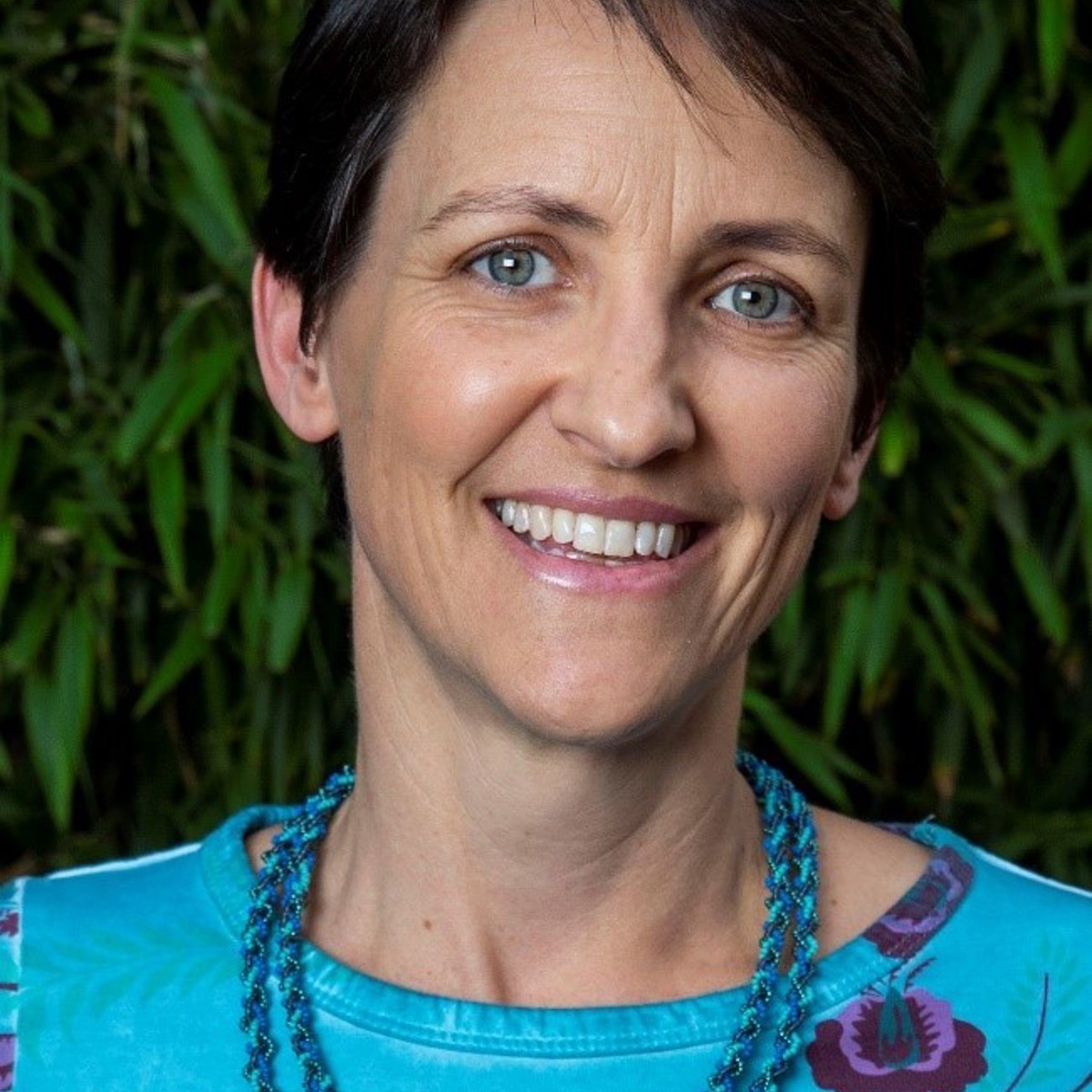ACU Summer School 2021 | Urban disasters: Vulnerability and resilience in a pandemic
2nd August 2021

Organised in partnership with Tata Institute of Social Sciences (TISS), this year’s programme will explore the theme ‘Urban disasters: Vulnerability and resilience in a pandemic’.
ACU Summer School 2021 will explore how inequality and injustice are experienced by the most marginalised in cities, in the context of disasters such as the current pandemic. The Summer School will focus on urban disasters alongside concepts of disaster vulnerability, risk and resilience. It will enable participants to explore community-based initiatives and reflect on the scope for collaborative governance.
By focusing on disaster risk reduction and adaptive capacity and resilience, the Summer School will provide opportunities for cross cultural learning and generate valuable insights into the idea of localisation in humanitarian efforts.
Following the success of ACU Summer School 2020, we look forward to welcoming students online again for two weeks of lectures from international speakers, challenging group project work, networking and skills development.
Speakers
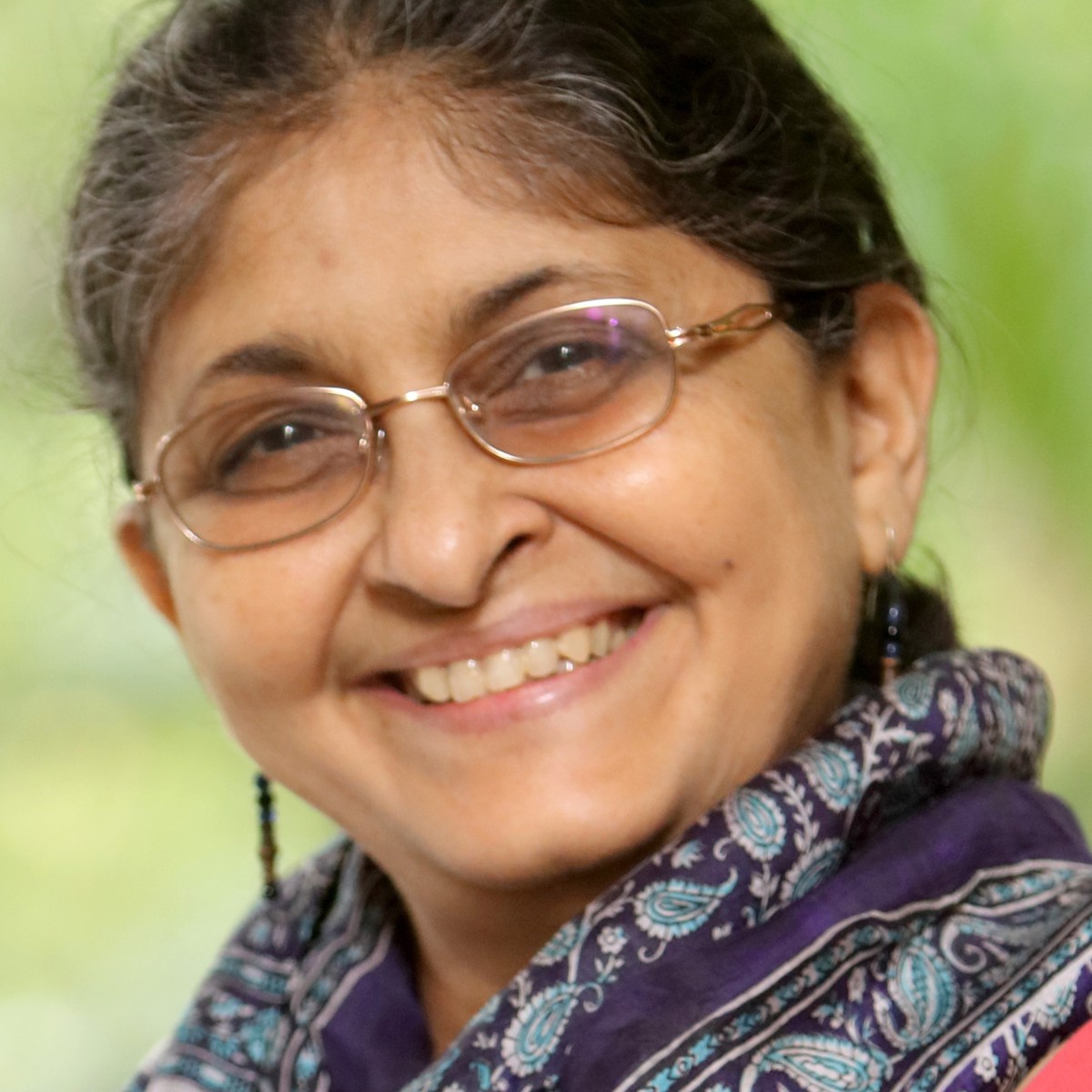
Professor Janki Andharia
Dean, School of Disaster Studies, Tata Institute of Social Sciences (TISS), India
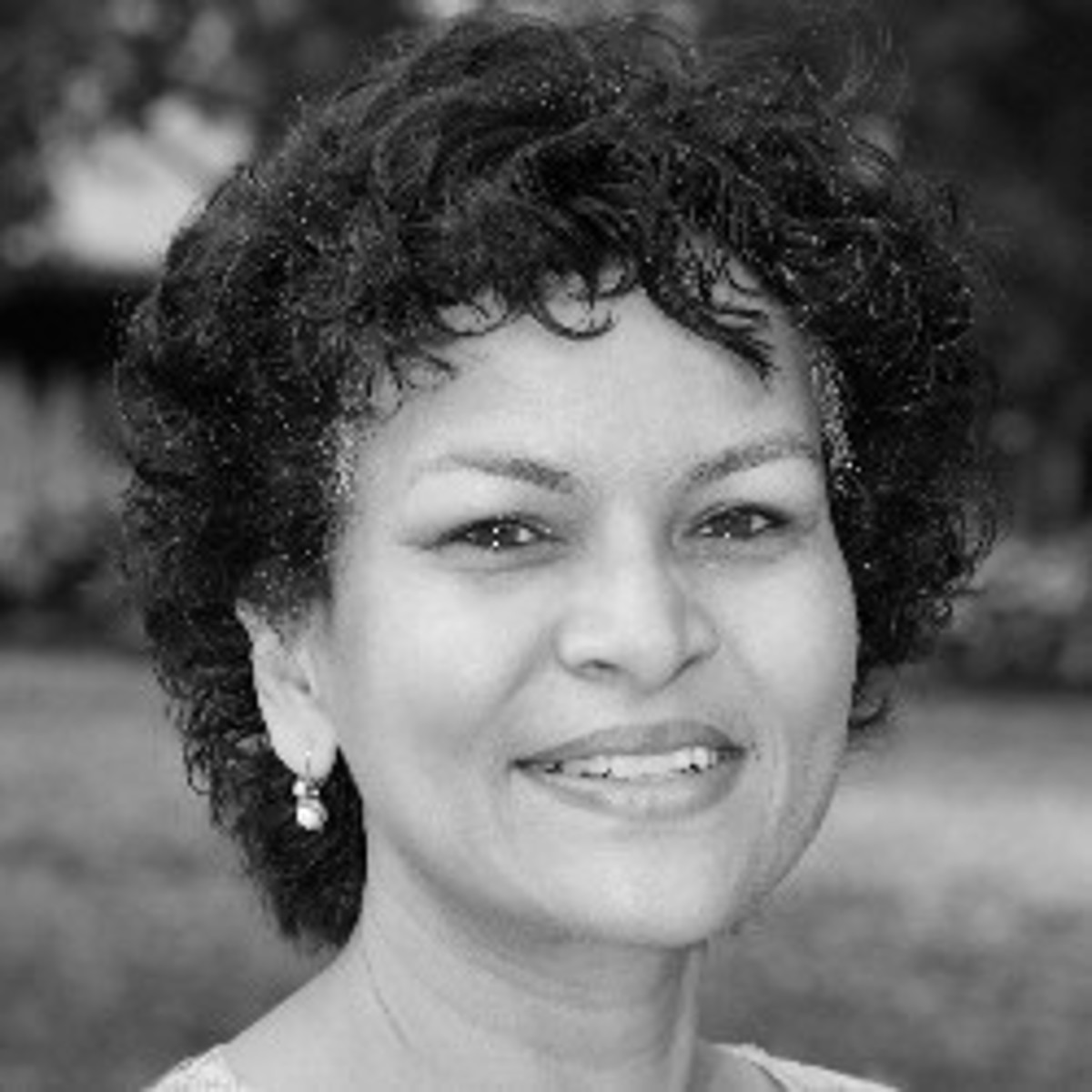
Professor Amita Baviskar
Professor of Environmental Studies and Sociology and Anthropology, Head of the Department of Environmental Studies Ashoka University, India
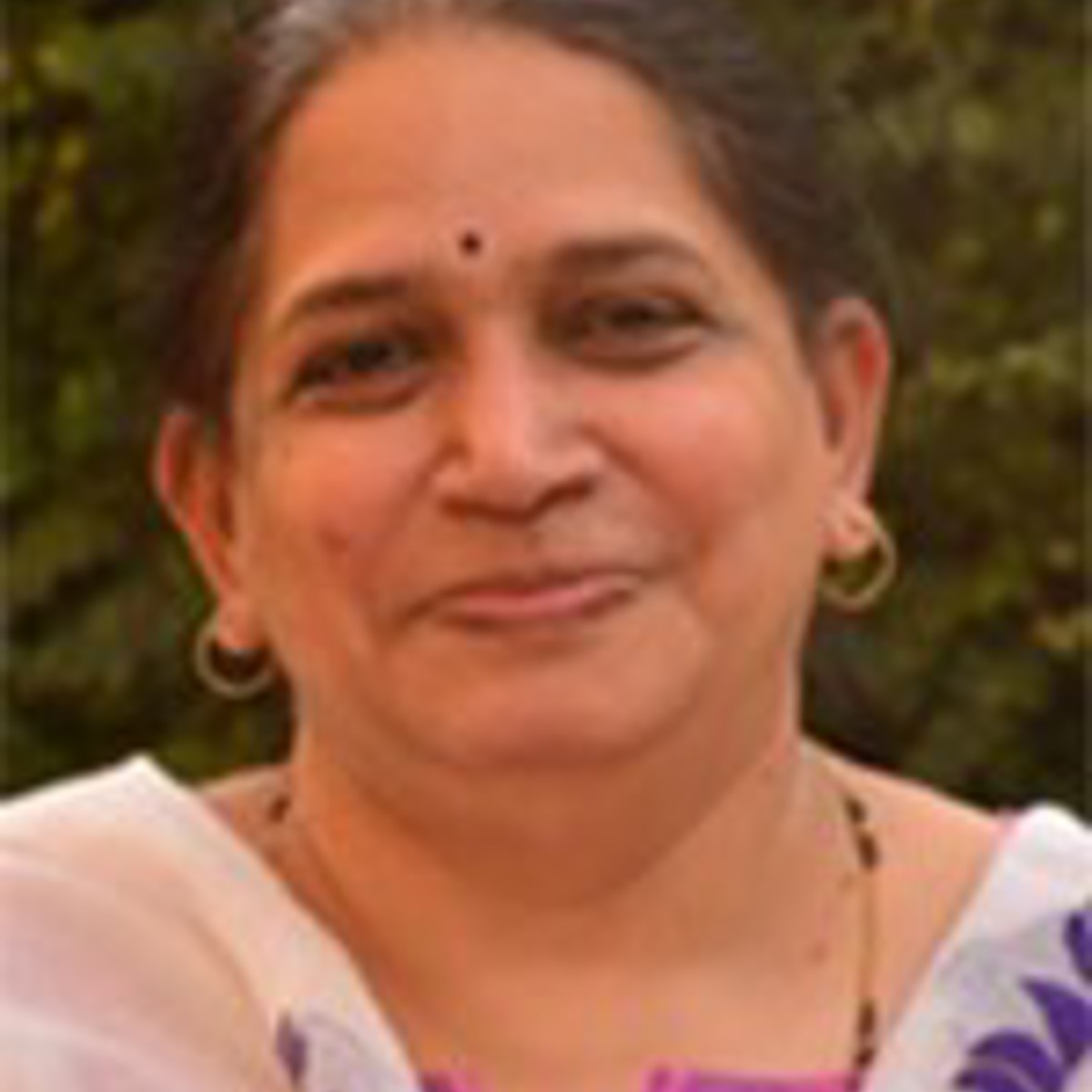
Dr Amita Bhide
Dean and Professor, School of Habitat Studies, Tata Institute of Social Sciences (TISS), India
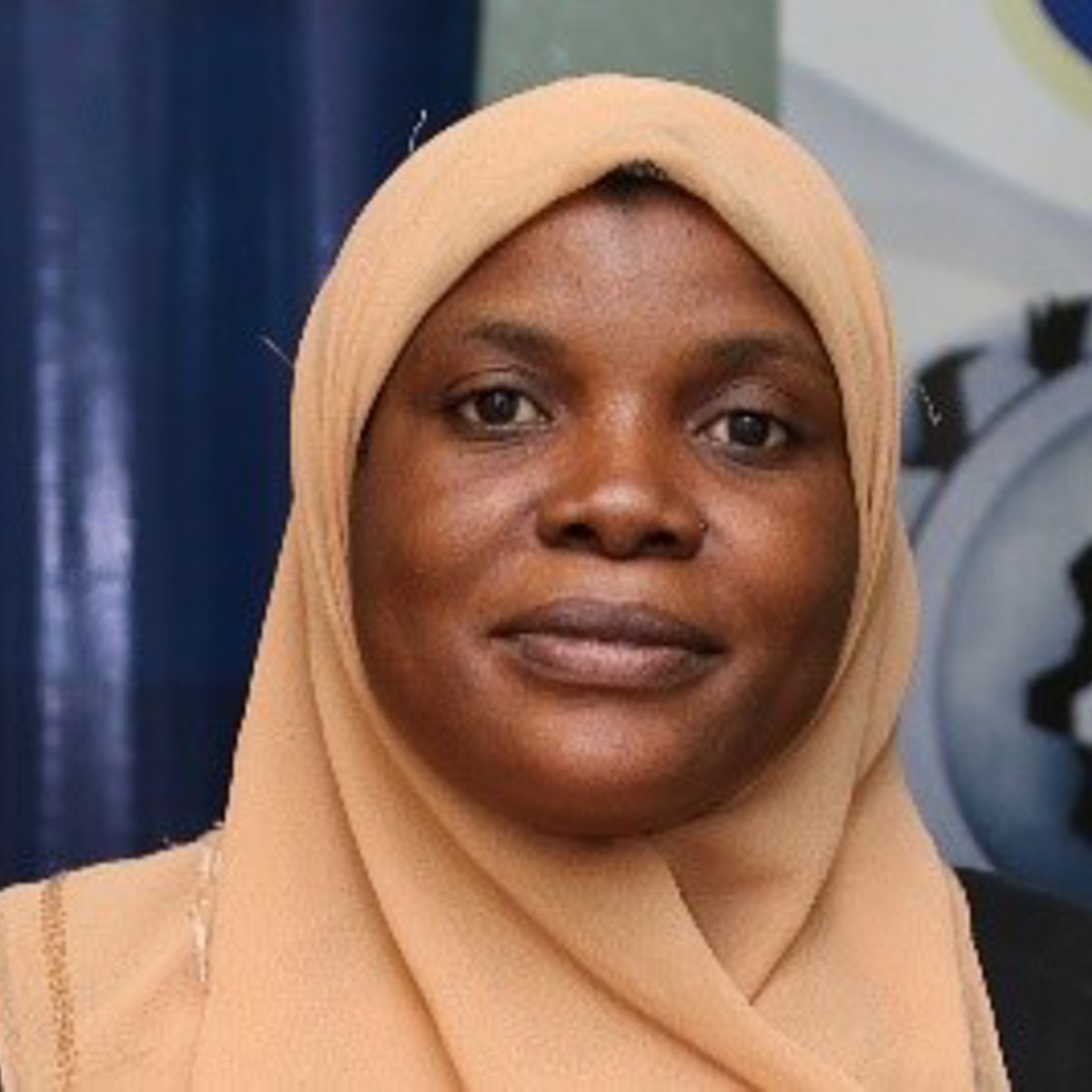
Dr Basirat Oyalowo
Manager, Centre for Housing and Sustainable Development, University of Lagos, Nigeria

Professor Mark Pelling
Professor of Geography, King's Centre for Integrated Research on Risk and Resilience, King's College London, UK
